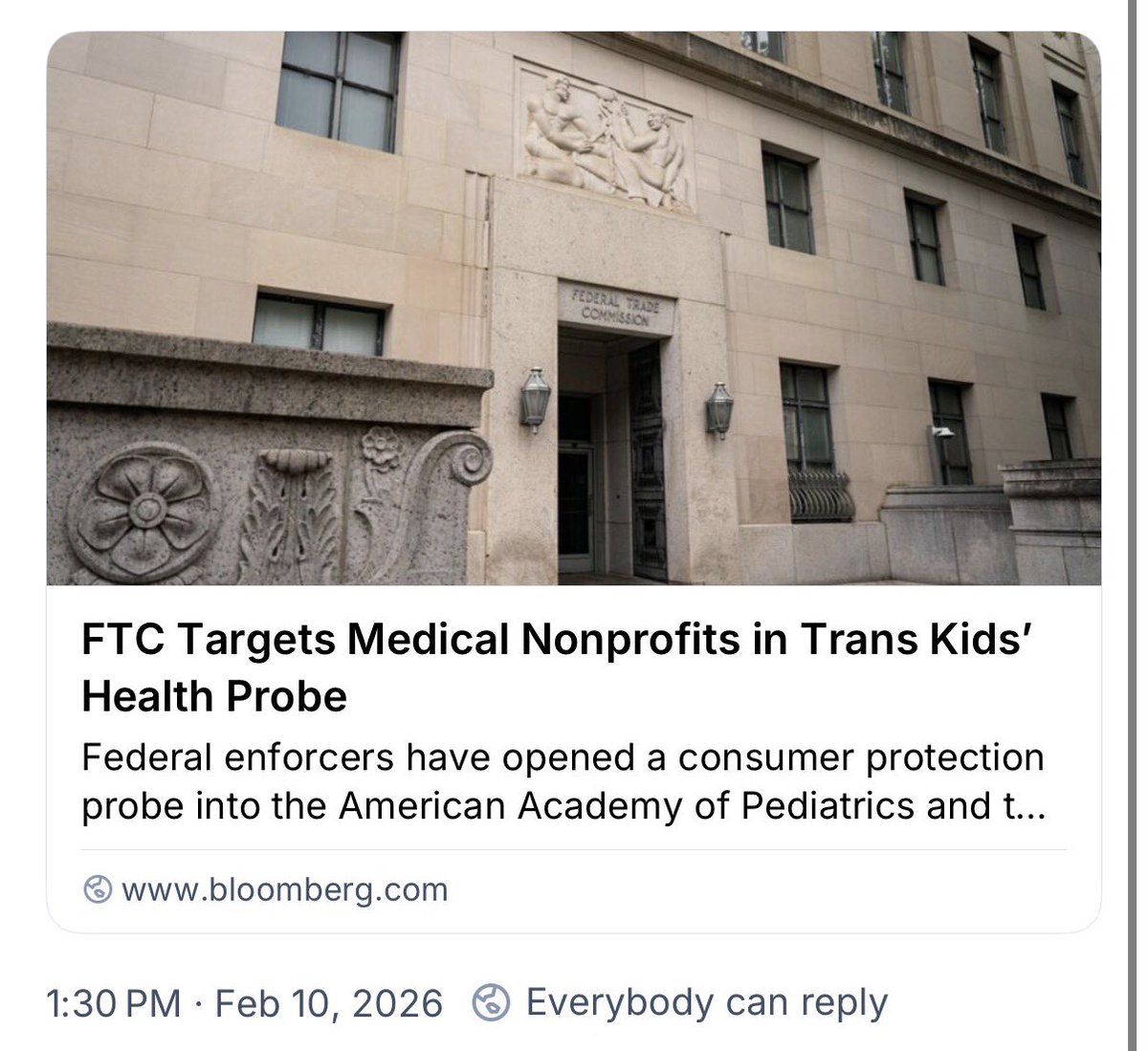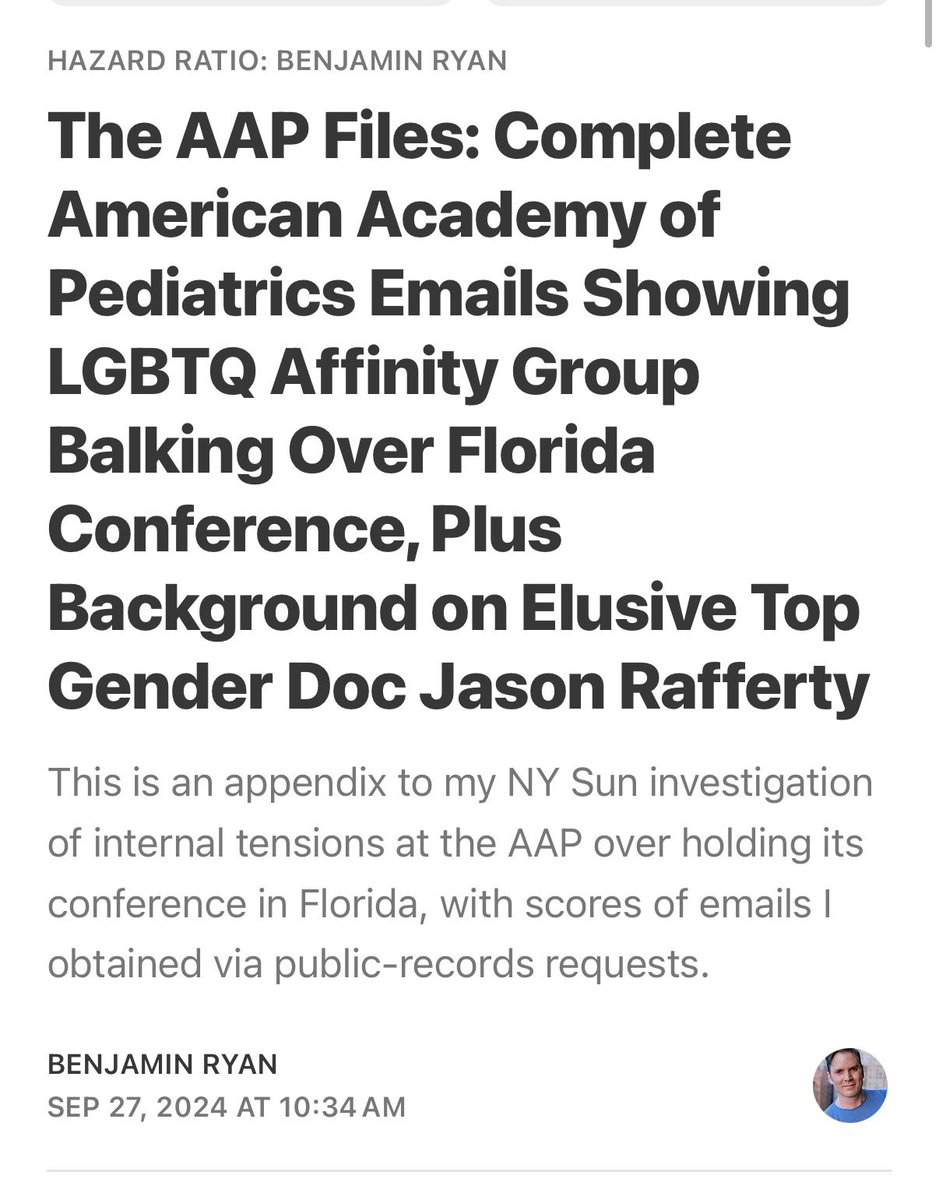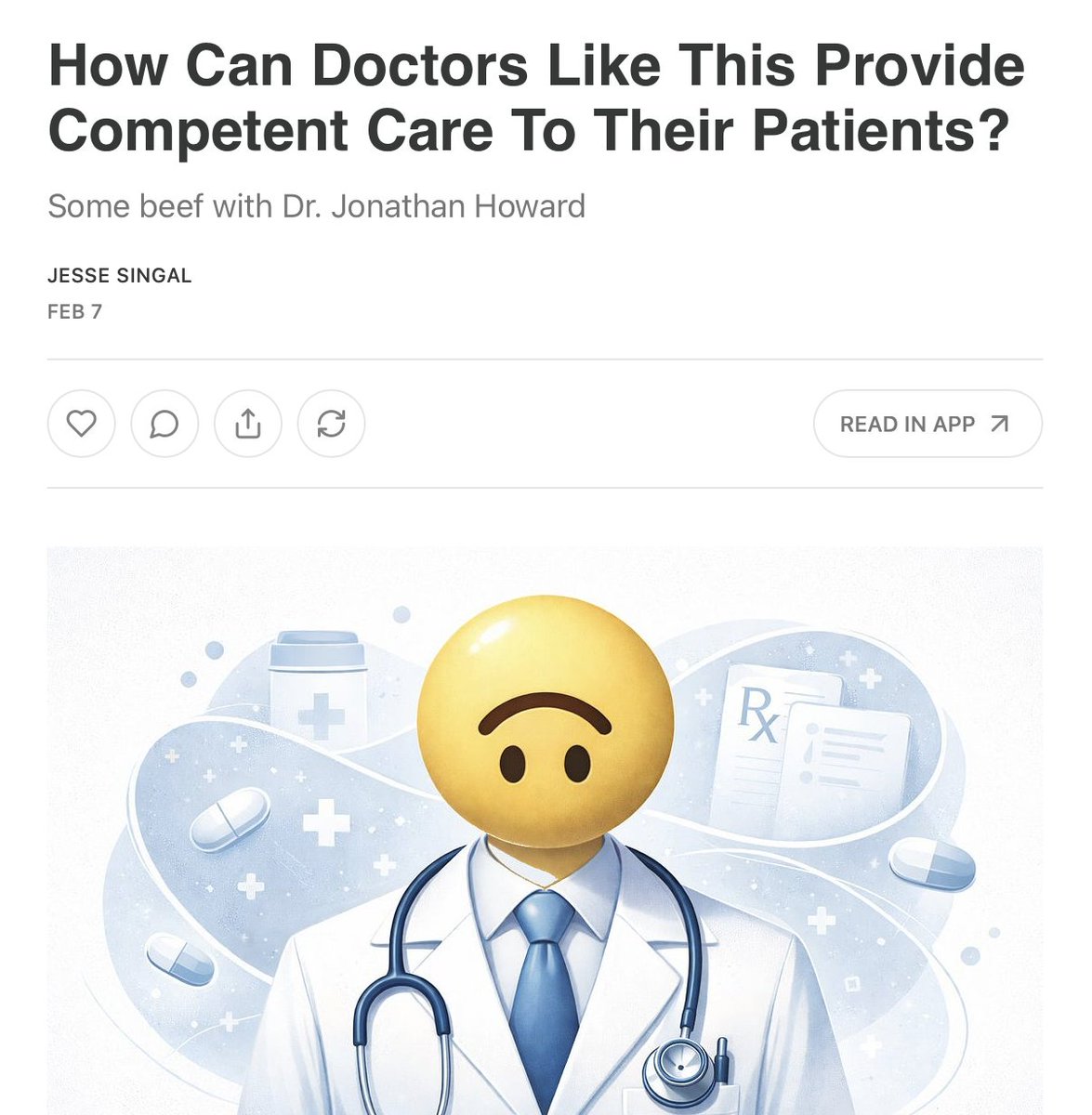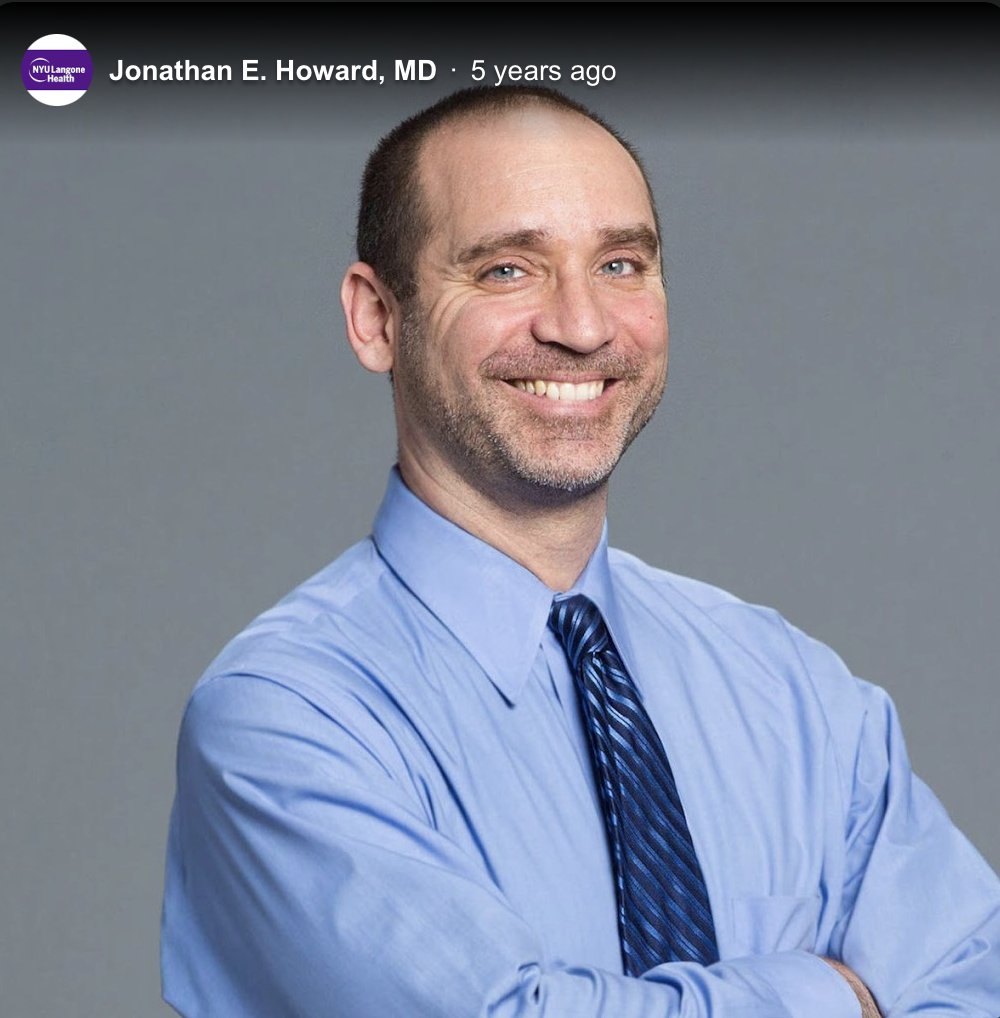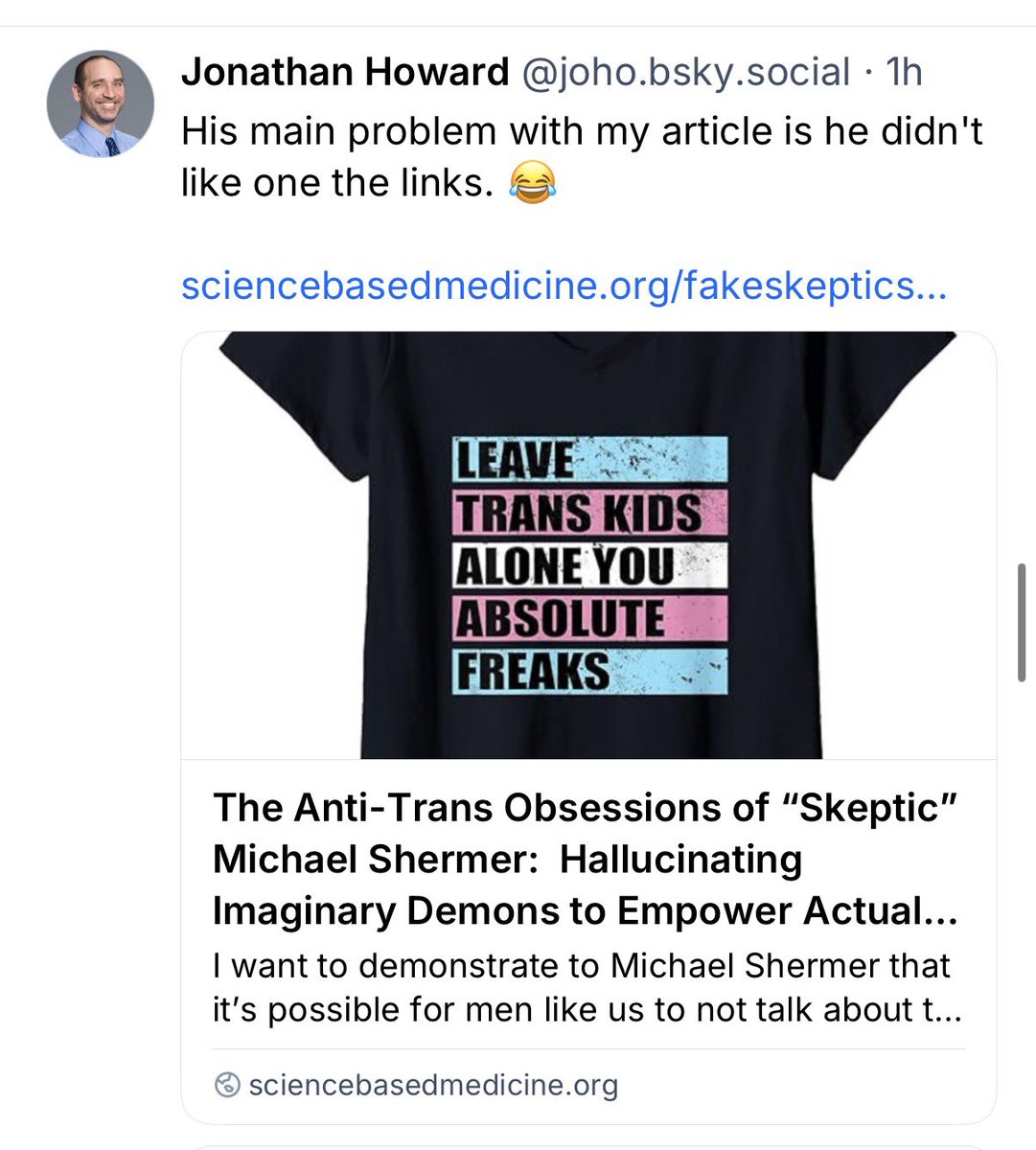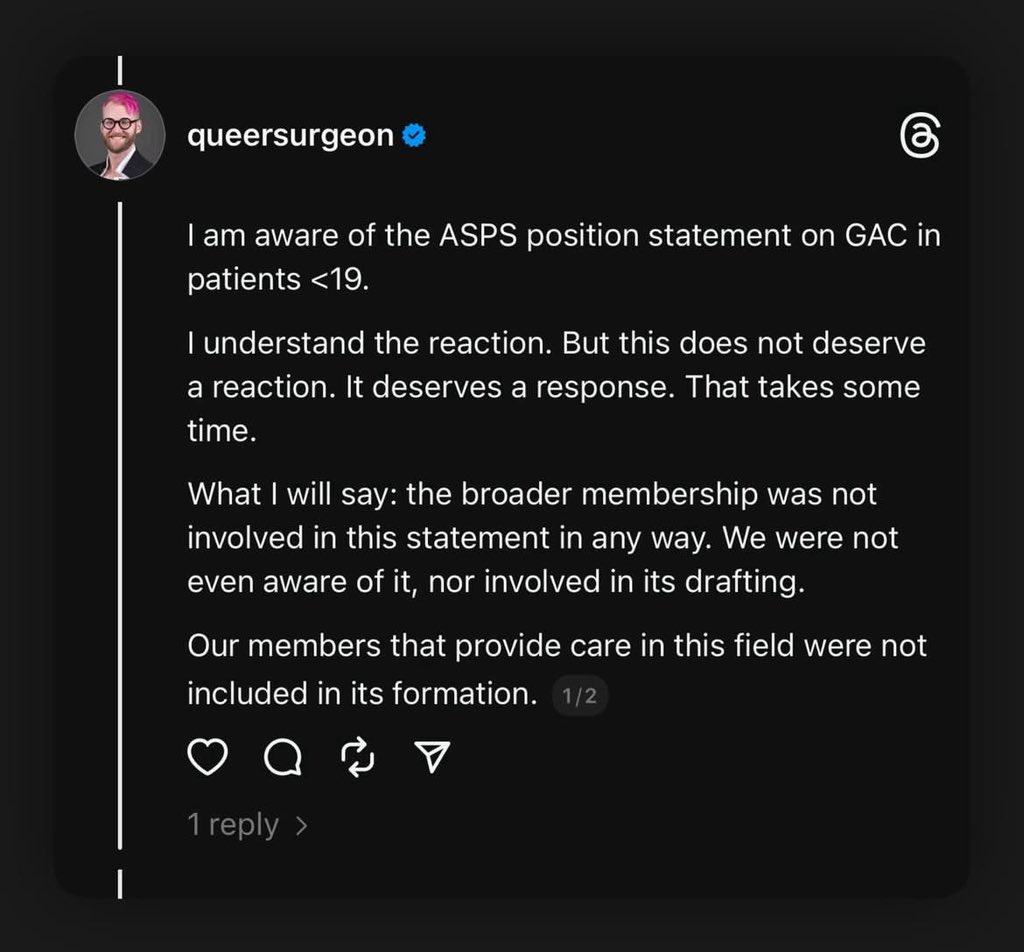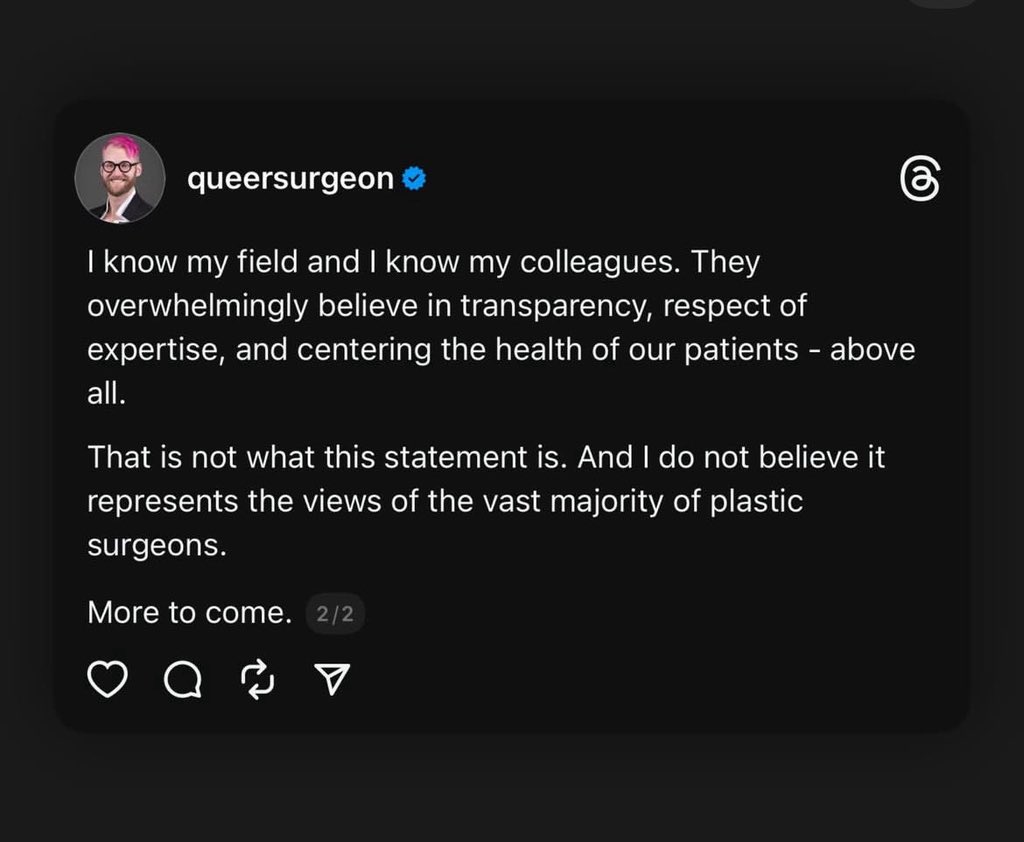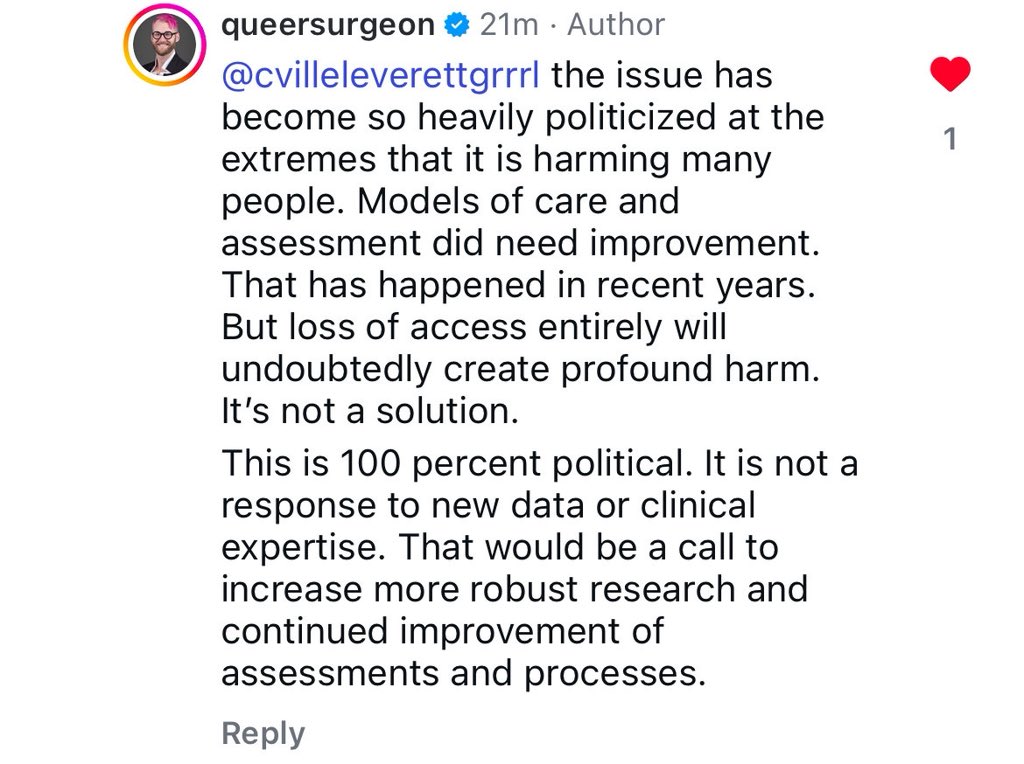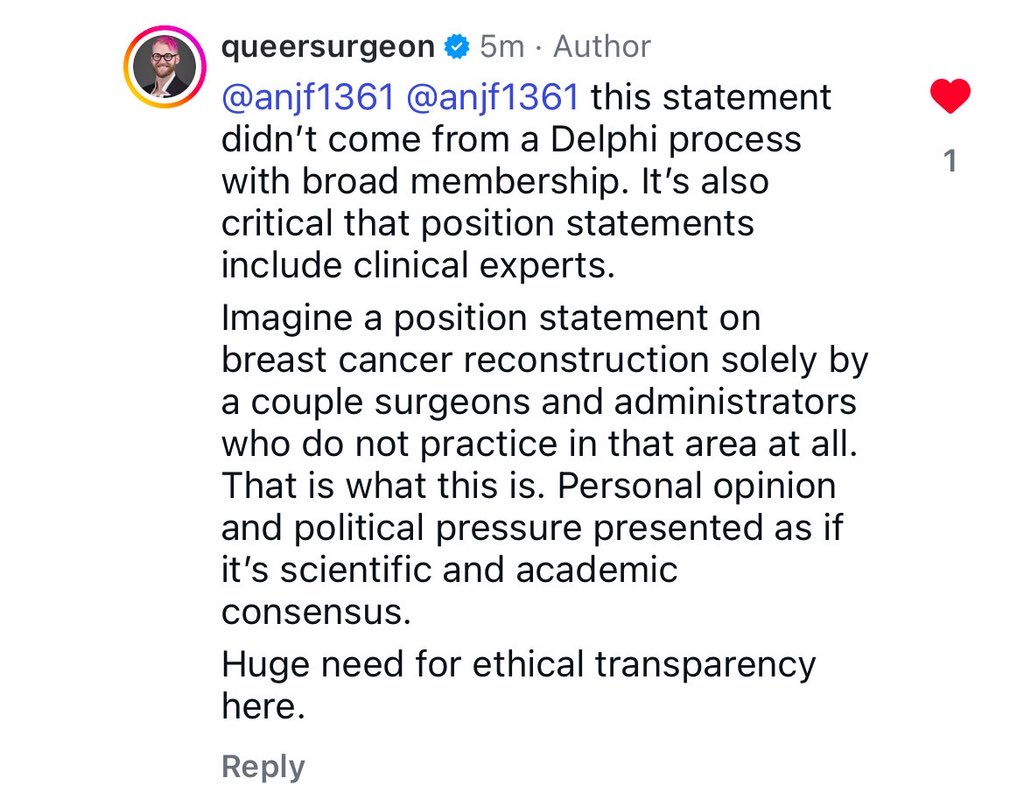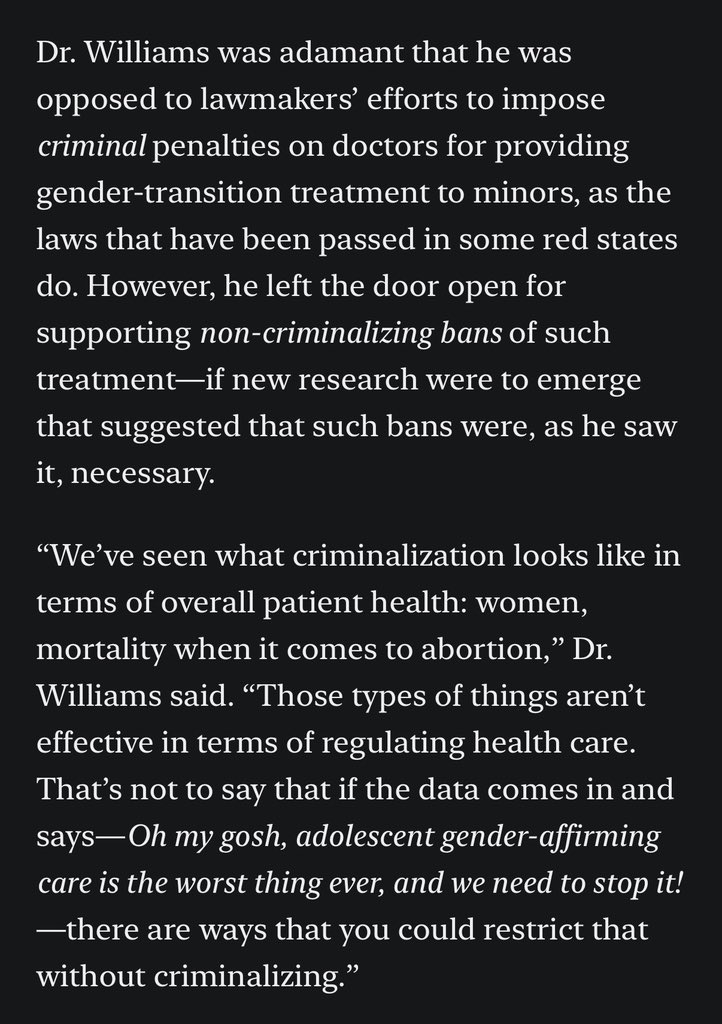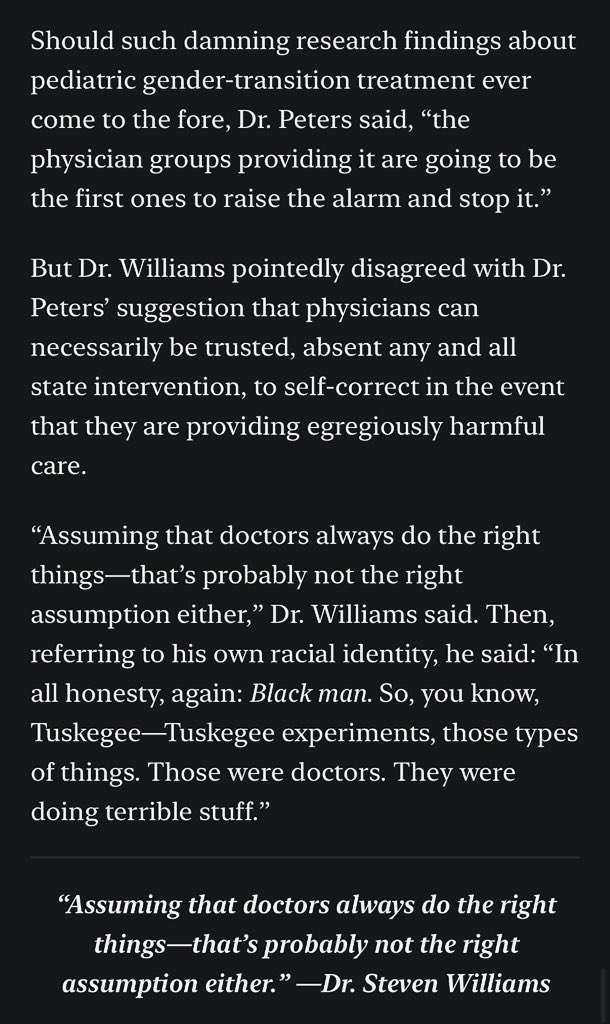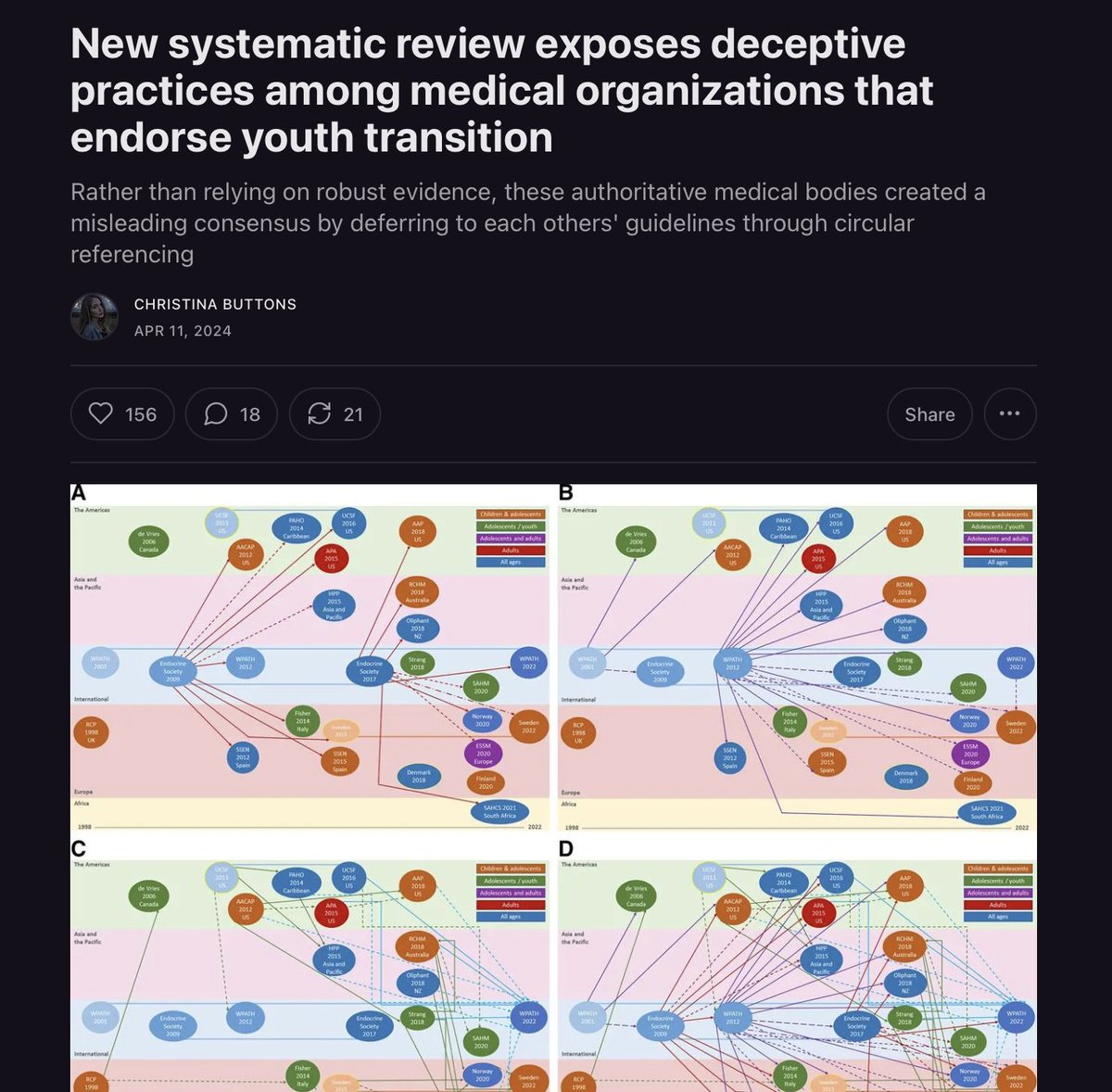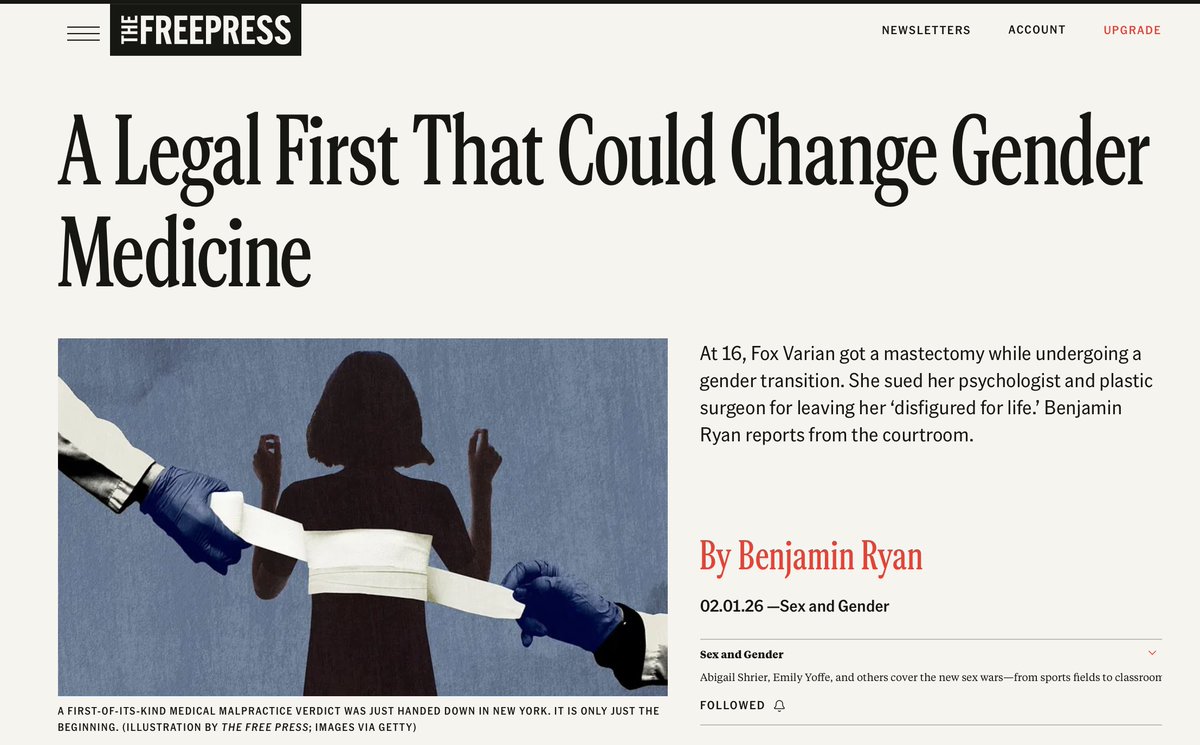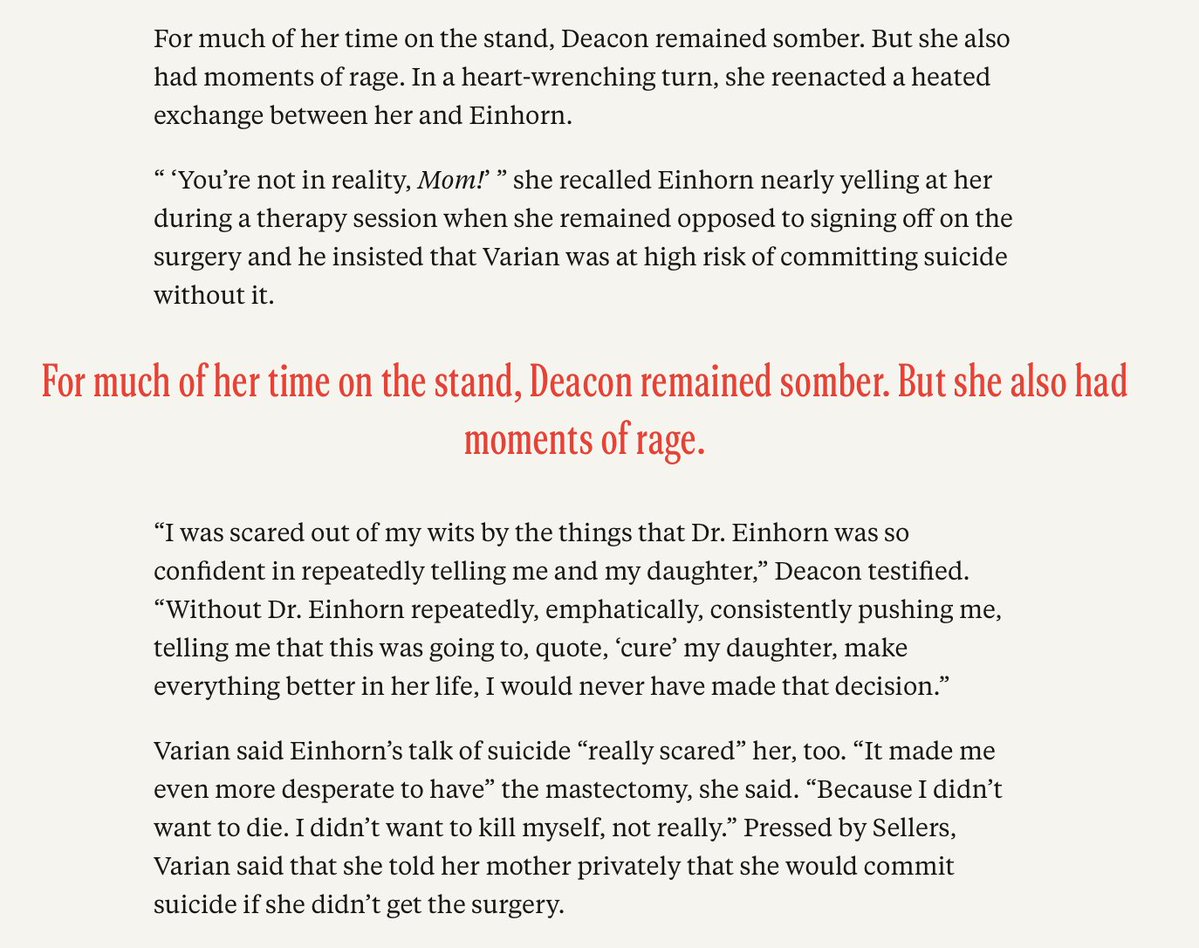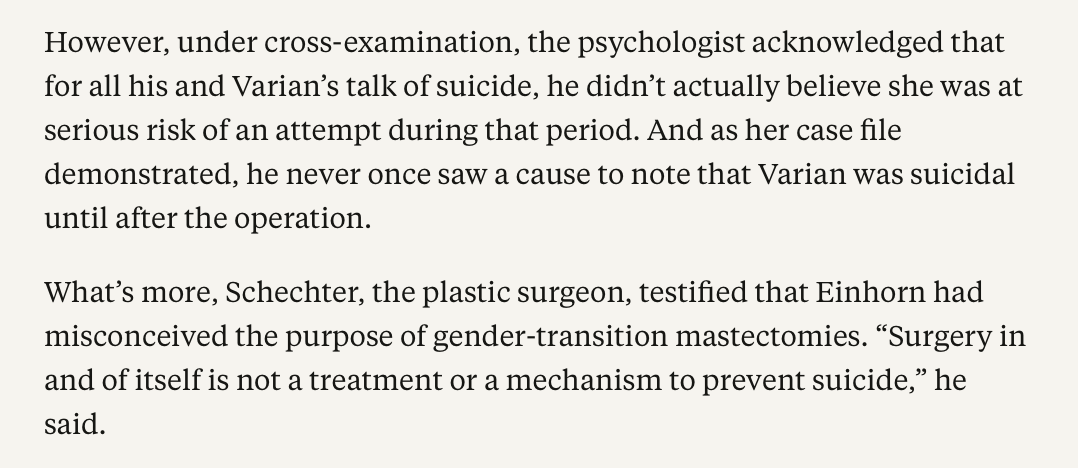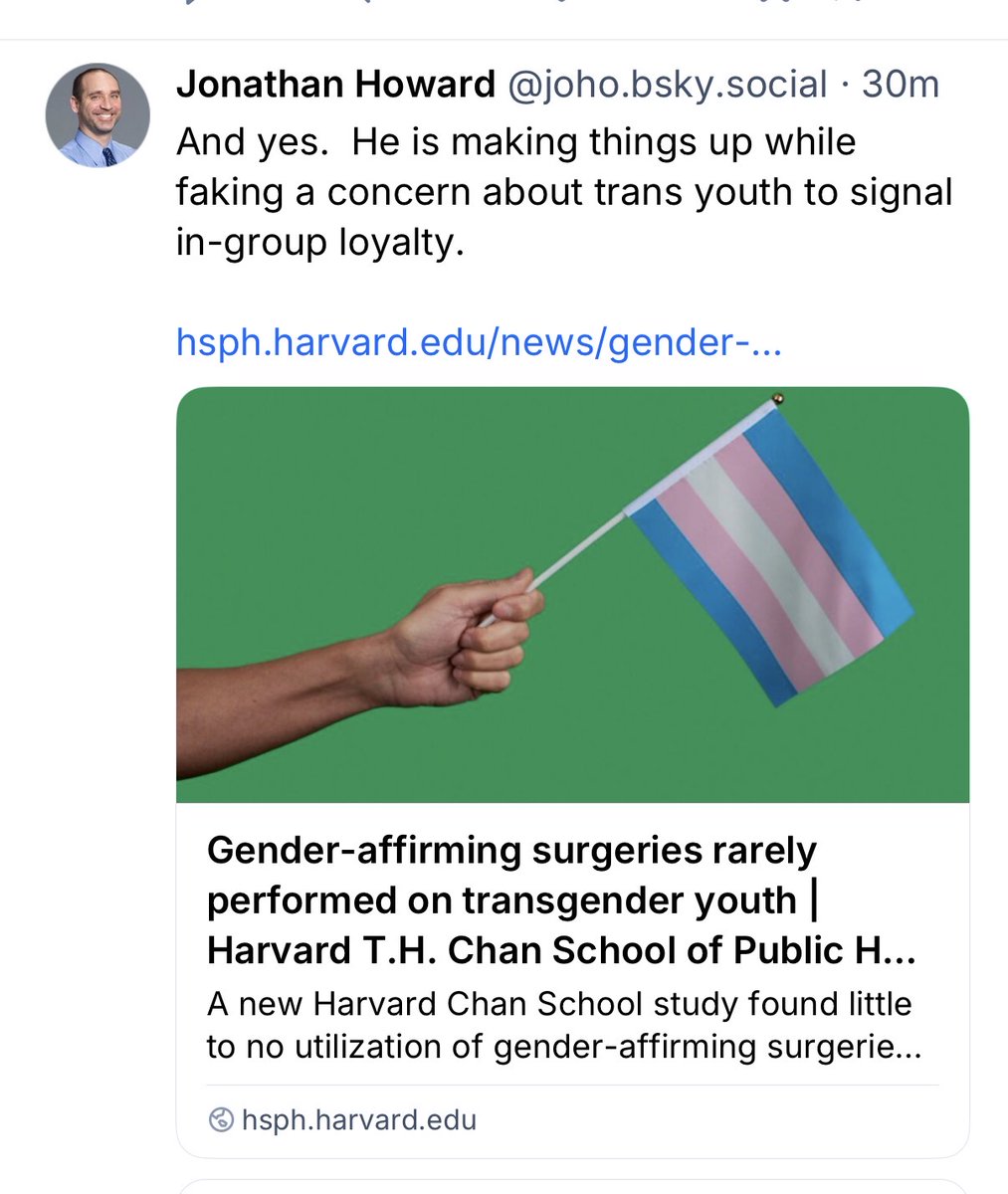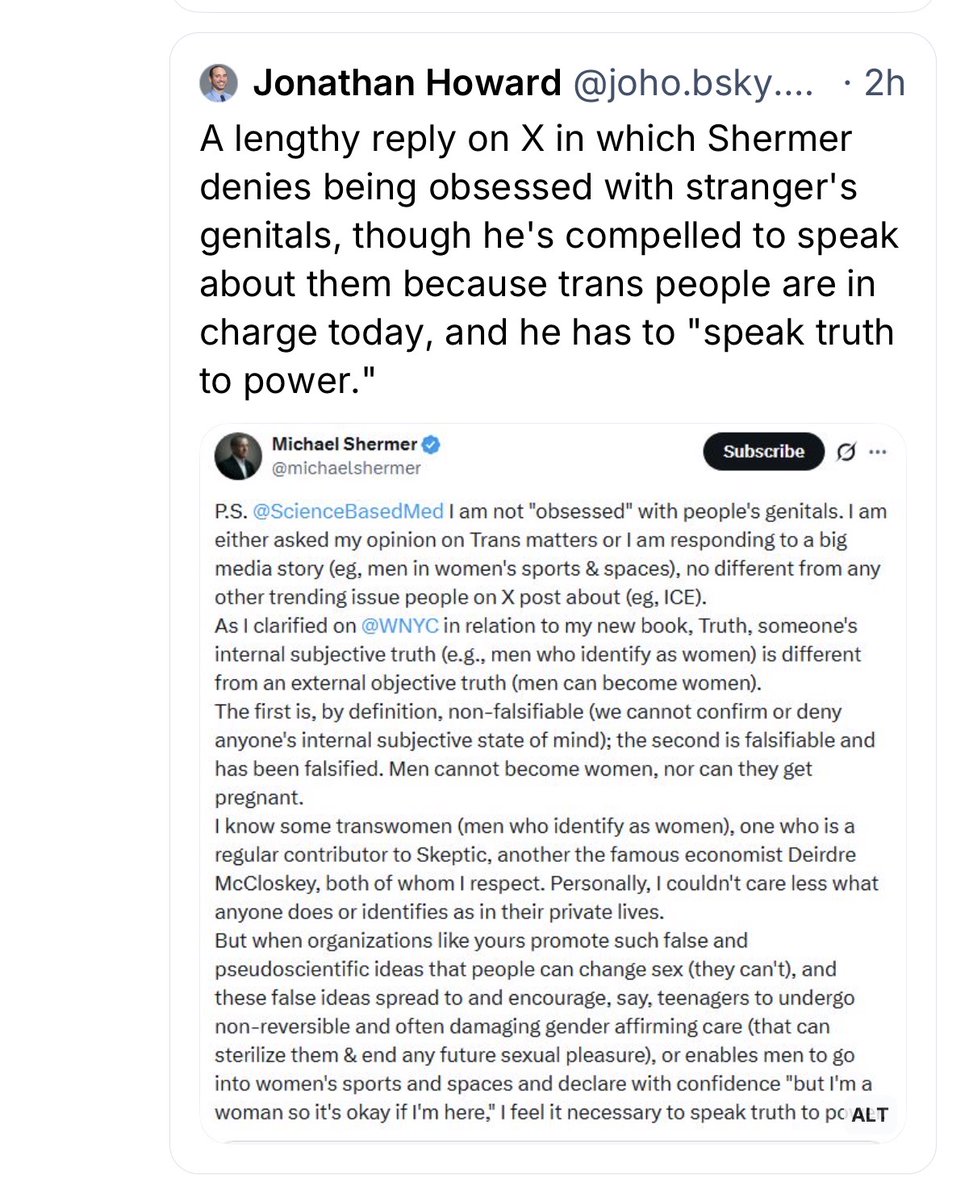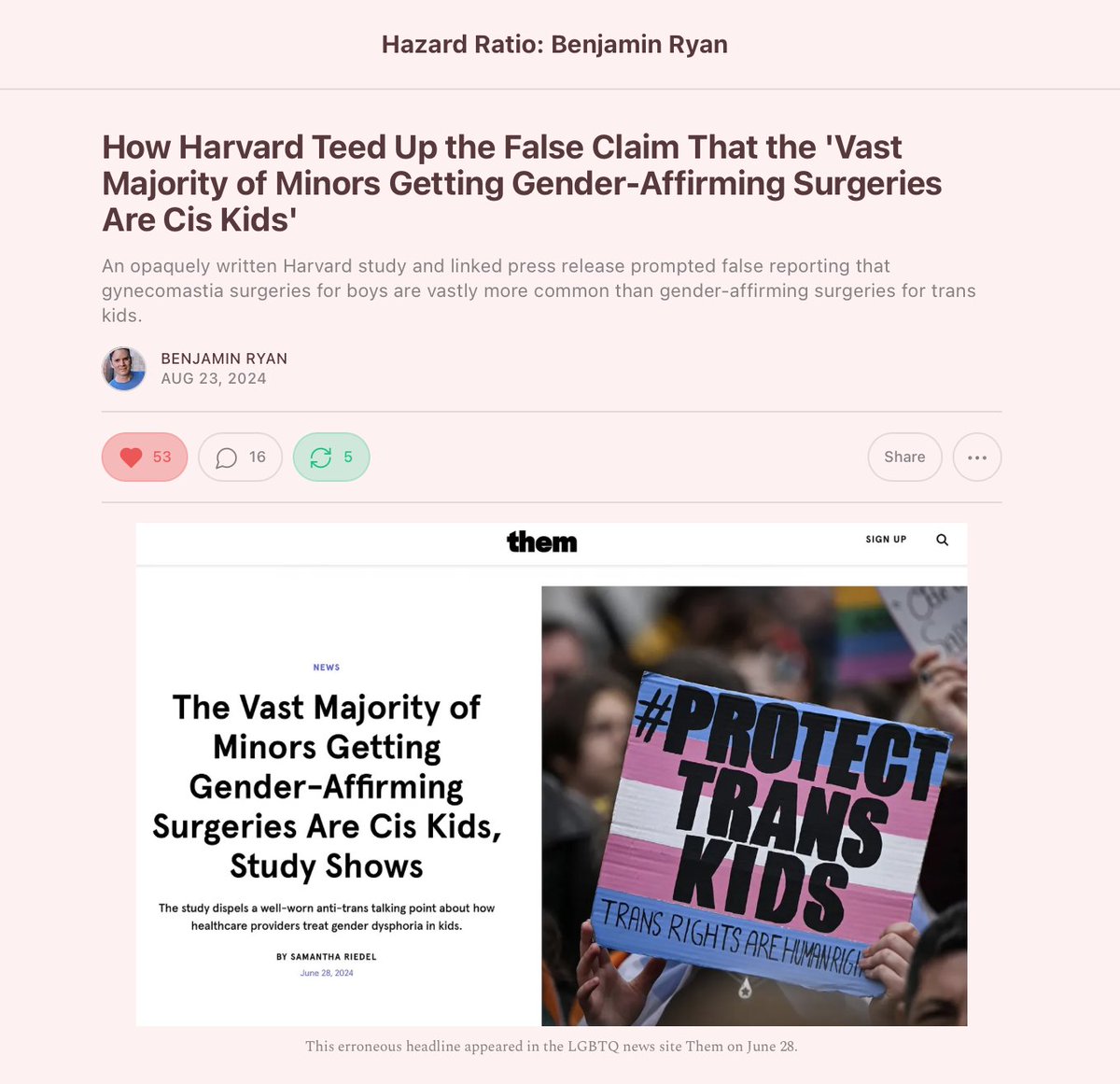I'll be live tweeting The War On Gender with @ginarippon1 @byrne_a and @jack_turban at Dartmouth, starting now:
@ginarippon1 @byrne_a @jack_turban The panelists are chatting amiably. Philosopher Alex Byrne has on a bright pink tie while child psychiatrist Jack Turban is sporting a sweater that is vintage Bill Cosby. 

"Join The Dartmouth Political Union (DPU) as it welcomes psychiatrist Jack Turban, neurobiologist Gina Rippon, and philosopher Alex Byrne for an expert panel on sex and gender. Experts will discuss various aspects of the issue, including mental health, athletics, transgender health care, and the definitions and implications of sex and gender in society."
Q: “How do you define sex and gender and given your defintiion what role should sex and gender play in our society?”
Turban calls sex multi-definitional, based on various factors such as gametes and others.
Turban calls sex multi-definitional, based on various factors such as gametes and others.
UCSF child psychiatrist @Jack_Turban responds to the question of how sex and gender should impact public policy:
"I think it should really be based on concrete evidence and science. In general, I think that public policy should be evidence-based."
"I think it should really be based on concrete evidence and science. In general, I think that public policy should be evidence-based."

Speaking on the definition of sex and gender, @GinaRippon1 says, "Sex is a set of contradictory, overlapping phenomena which are engaged in a feedback cycle with other biological processes, but also social processes." Gender, she says, should be considered a biological variable. 
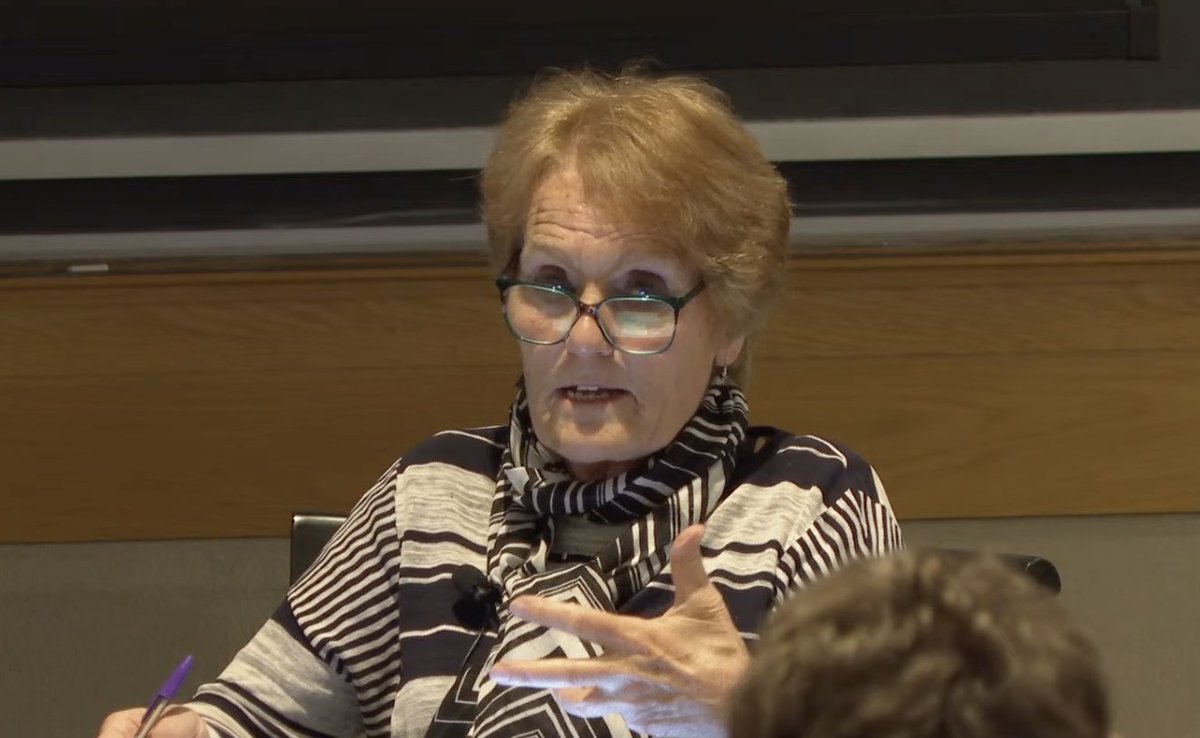
"We talk about gender-reveal parties, don't get me started. They're not gender-reveal parties, they're sex-reveal parties," @GinaRippon1 says. "I actually take issue with only being asked to define sex and gender separately." She likes "sex/gender"--an inextricable entanglement. 

Gina Rippon says, "I think we should use these definitions so that we can have an evidence-based understanding" of the biological impact of sex on the brain, as well as a gender-based culture has on the brain, and how those influences are entangled from birth. 

"I think we should use these terms to have a war on stereotypes!" @GinaRippon1 said.
And she wants to ban gender-reveal parties!
Winning the war means that biological sex would be irrelevant and the cultural landscape would no longer be defined by gender, she said.
And she wants to ban gender-reveal parties!
Winning the war means that biological sex would be irrelevant and the cultural landscape would no longer be defined by gender, she said.

Philosopher Alex Byrne @byrne_a discusses how sex is determined in various animals. "What is it to be female? The answer is to be known for more than a century...It's gamete size" with females producing large ones, eggs, and males small ones, sperms. 
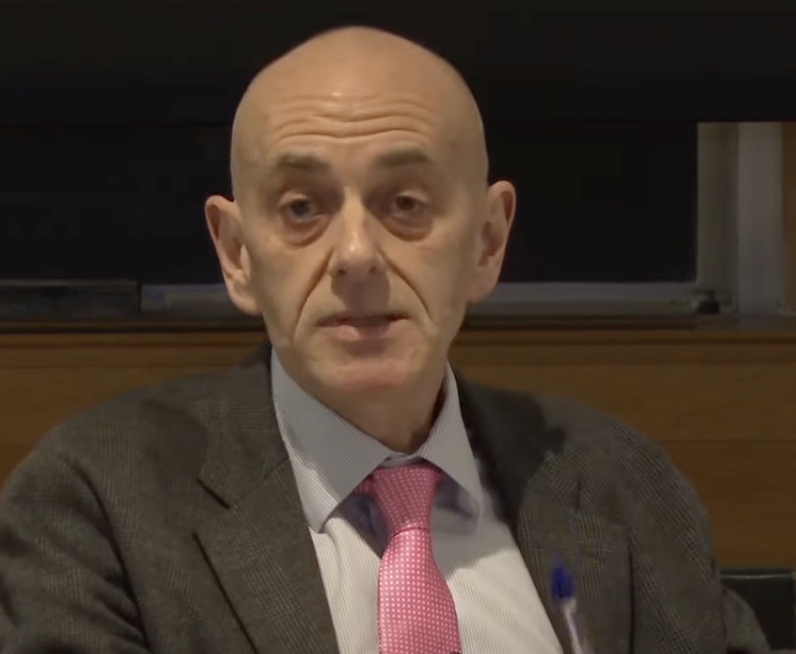
Byrne speaks scathingly of @Jack_Turban's UCSF colleague Diane Ehrensaft's conception of sex.
Is sex binary, Byrne asks. He says yes, because there is no third sex.
As for gender, he asks what the war on gender really means.
Is sex binary, Byrne asks. He says yes, because there is no third sex.
As for gender, he asks what the war on gender really means.
Byrne thinks it's very confusing to define gender as different from sex. So he sees them as one and the same.
Rippon asks Jack Turban what evidence there is for a biological based sense of gender. @Jack_Turban talks about his clinical experience. Often they'll have patients who have a lot of trouble putting gender into words. Or they have gender euphoria from being treated as a certain gender.

The question of where transness comes from:
@Jack_Turban looks at twins studies: Identical vs fraternal. People will look at twins studies to determine how much is innate, how much environmental. The identical twins are far more likely than fraternal twins to have the same gender identity. This, Turban, suggests, points to a biological component of gender identity. These studies are usually adults.
@Jack_Turban looks at twins studies: Identical vs fraternal. People will look at twins studies to determine how much is innate, how much environmental. The identical twins are far more likely than fraternal twins to have the same gender identity. This, Turban, suggests, points to a biological component of gender identity. These studies are usually adults.
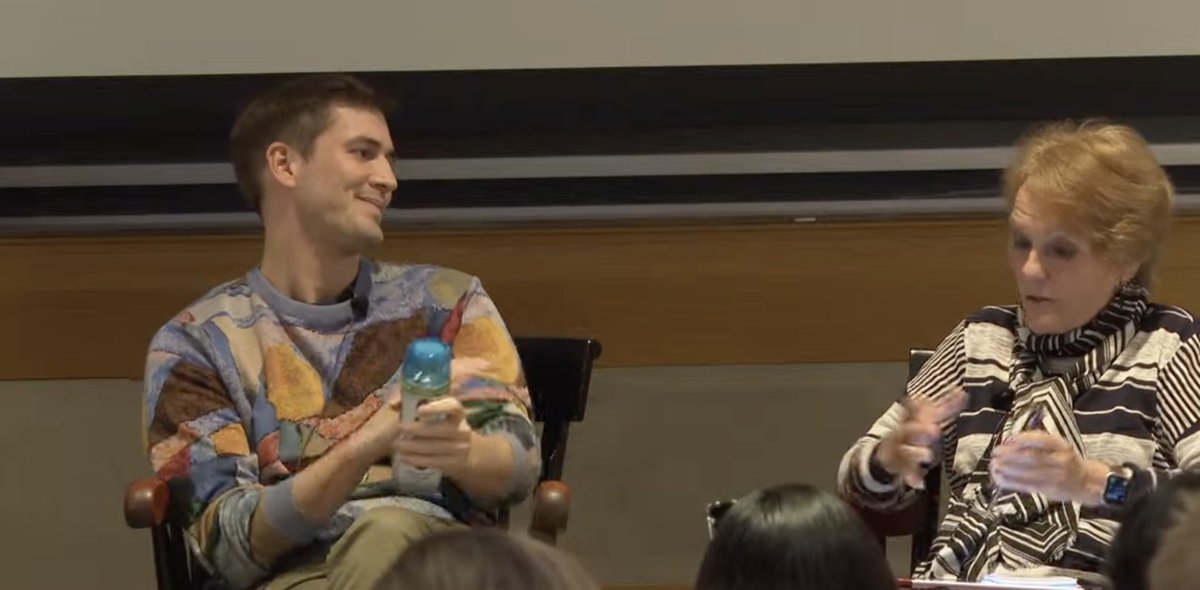
The panel discusses the Australian Tickle v Giggle court case about whether a dating app can be only to biological women lesbians. Byrne says "the lesbians should have a dating app of their own." Rippon gives a "fence-sitting" argument. Turban says this is a legal question as opposed to an evidence-based one and he's not a lawyer.

Byrne says there is a "massive sex difference in childhood play," to which Turban says, "Can you define massive?" Byrne gives a more mathematical word for "massive" in response. Rippon says that differences in gender play emerged after they've been socialized for 2-3 years as a certain gender. So she argues that this difference is a consequence of environmental influences.
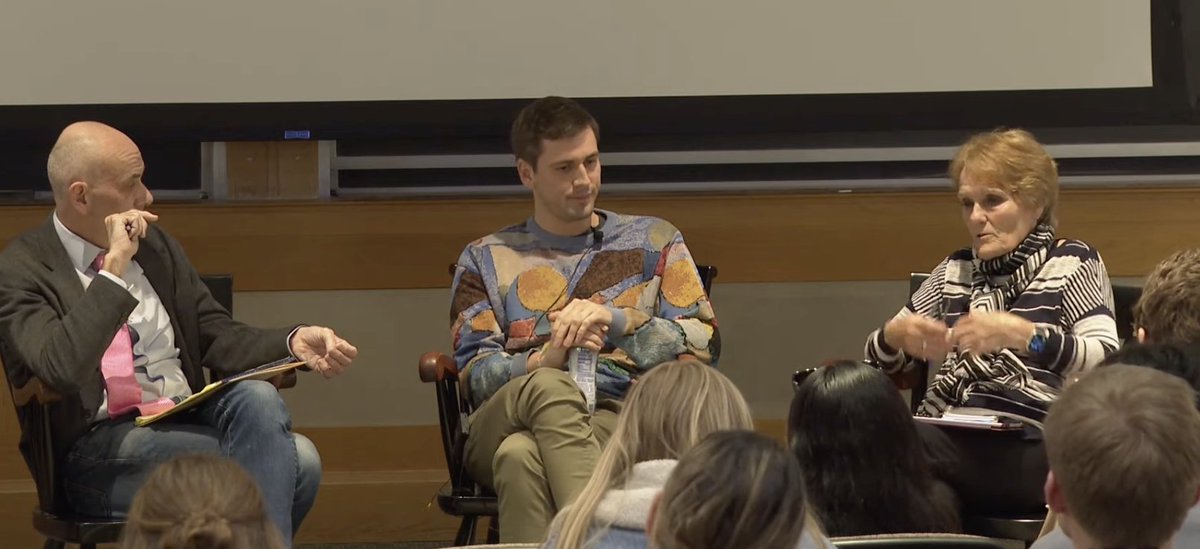
On the question of girls who are exposed to a higher dose of male hormones in the womb, congenital adrenal hyperplasia, Byrne suggests that this exposure is at least partly what drives their play differences. But Rippon says they still get socialized differently because of the condition itself.
Byrne cites a new meta-analysis of at least 50 years of studies in girls with congenital adrenal hyperplasia, and he thinks the evidence only points in the direction of the hormones driving differences, not socialization. Rippon refers to what she calls the "tomboy index" to measure the masculinity of girls. She says the very existence of that test impacts how girls are treated. She questions the methodology of the relevant studies and says the effect sizes are pretty small. "We're not talking about nicely distinct categories...There's quite an overlap," one acknowledged by the meta-analysis. "It's a messy research area."
Jack Turban insists that the difference is not based on hormones, but on socialization for girls with congenital adrenal hyperplasia. He echoes Rippon in saying that these kids are treated differently. So hormonal influences are not the only different things about people with intersex conditions.
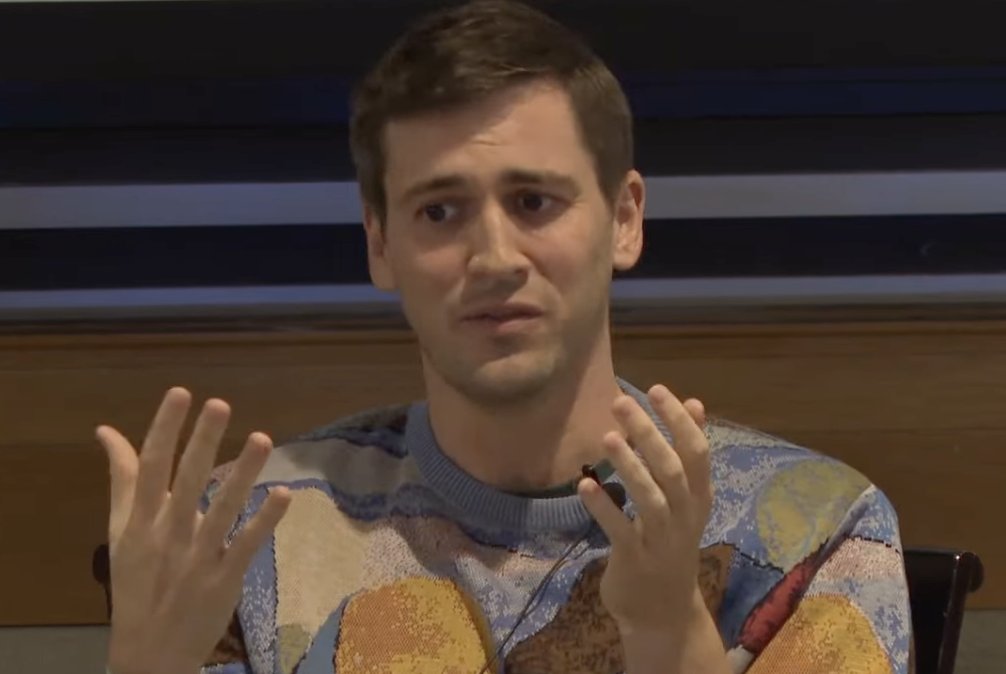
Byrne says that in most so-called intersex conditions, it's pretty easy, nevertheless, to classify them as male or female. This is what biologists have said for more than a century. But Jack Turban keeps interjecting that this is a subjective not objective matter. 

Jack Turban says that you're not going to be able to get through the academic literature with a binary definition of sex based on gametes. @Byrne_a says you can easily tell males from females for the most part. @Jack_Turban says, but you don't examine the gametes to determine their sex, but Byrne says that's still not an argument against the gamete definition of sex.

Speaking on the bans of pediatric gender-transition treatment:
Jack Turban says the bans are "complicated". The earliest medical intervention you'd consider is a puberty blocker at the onset of puberty, which will "pause" your puberty. "It's not without side effects," but is reversible in the sense that your puberty will restart if you stop it. It used to be no trans person would get to a clinic until 16 or 18. So they might start a blocker at 10. To wait until 16 to start hormones at 16 is compromising bone health. So now you can consider starting at about 14.5. Gender affirming top surgery he says can be considered on a case-by-case basis. These are mostly Endocrine guidelines. WPATH removed the minimum age "Which freaked the media out a ton," he said--overly so, in his opinion, considering they were shifting to be in keeping with the Endo Society.
Jack Turban says the bans are "complicated". The earliest medical intervention you'd consider is a puberty blocker at the onset of puberty, which will "pause" your puberty. "It's not without side effects," but is reversible in the sense that your puberty will restart if you stop it. It used to be no trans person would get to a clinic until 16 or 18. So they might start a blocker at 10. To wait until 16 to start hormones at 16 is compromising bone health. So now you can consider starting at about 14.5. Gender affirming top surgery he says can be considered on a case-by-case basis. These are mostly Endocrine guidelines. WPATH removed the minimum age "Which freaked the media out a ton," he said--overly so, in his opinion, considering they were shifting to be in keeping with the Endo Society.

On pediatric gender-transition treatment, @Jack_Turban says, "The way I think about all pediatric medicine is we're weighing potential risks against potential benefits. It's dangerous to say that doctors [should be] banned from providing these procedures where there certainly cases where you're weighing the risks, benefits and unknowns, which again is not a small thing for a minor...You need to have a comprehensive biopsychosocial evaluation from a mental health professional to make sure that the adolescent really understands this treatment well, that the parents really understand all the risks and benefits...The final decision-maker is the parents." But the doctors, mental health professional, parents and child are all making this decision together. 

Jack Turban's opinion of the Cass Review:
Turban quizzes Byrne on whether he read the review and the systematic literature review. Byrne says yes. Turban asks how it scored most of the studies. The correct answer is moderate.

Turban quizzes Byrne on whether he read the review and the systematic literature review. Byrne says yes. Turban asks how it scored most of the studies. The correct answer is moderate.
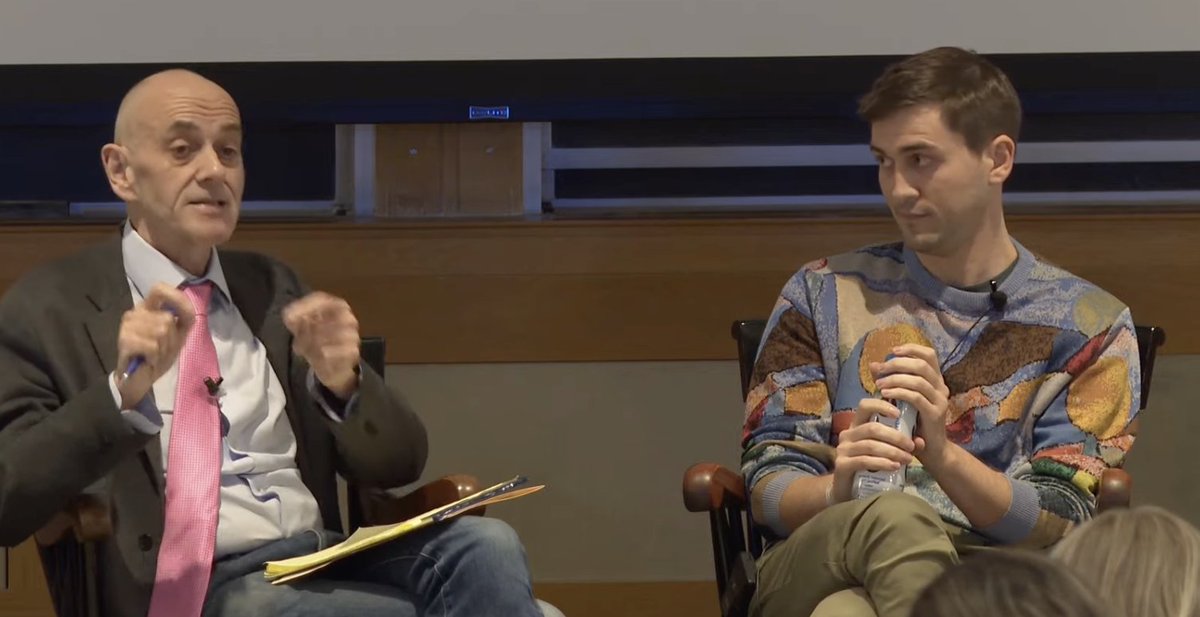
Jack Turban notes that the Newcastle-Ottowa scoring system in the Univ of York systematic literature reviews of puberty blockers and cross-sex hormones was adapted. This meant it scored down, for example, studies if they merely asked someone (as he fails to mention his own survey study did) whether someone had taken transition meds.
"I think people usually know if they've taken hormones," Jack Turban says, failing to mention that his own study has been criticized for surveying adults not on whether they'd taken hormones, but puberty blockers. And there was evidence that some people were wrong about this recollection, because they gave improbable answers, such as the notion that they had started blockers after turning 18.
"So I don't know if the scoring system was particularly the best," Jack Turban says of the Newcastle-Ottawa system. He notes that most people haven't read the whole Cass Review. He stressed that the majority were rated moderate quality, failing to mention that his studies were deemed low-quality.
Jack Turban is really enjoying quizzing Alex Byrne about the findings of the Cass Review and finding that Byrne's memory is foggy. Turban keeps batting his eyelashes. 
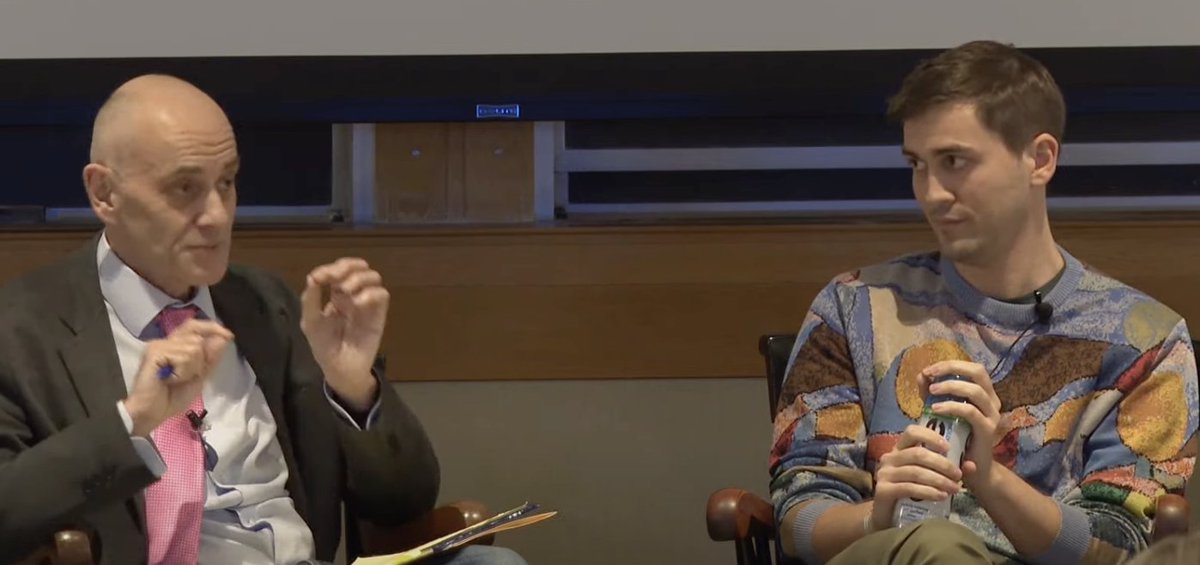
Jack Turban says of the evidence quality in pediatric gender medicine is being unfairly exceptionalized. "We have a bunch of moderate evidence studies," Turban says, at least according to the review papers' terms. "This level of evidence is not particularly unusual in medicine," Turban says. He says he can't think of another example of medicine in which one would have a comparable quality of evidence and ban care.
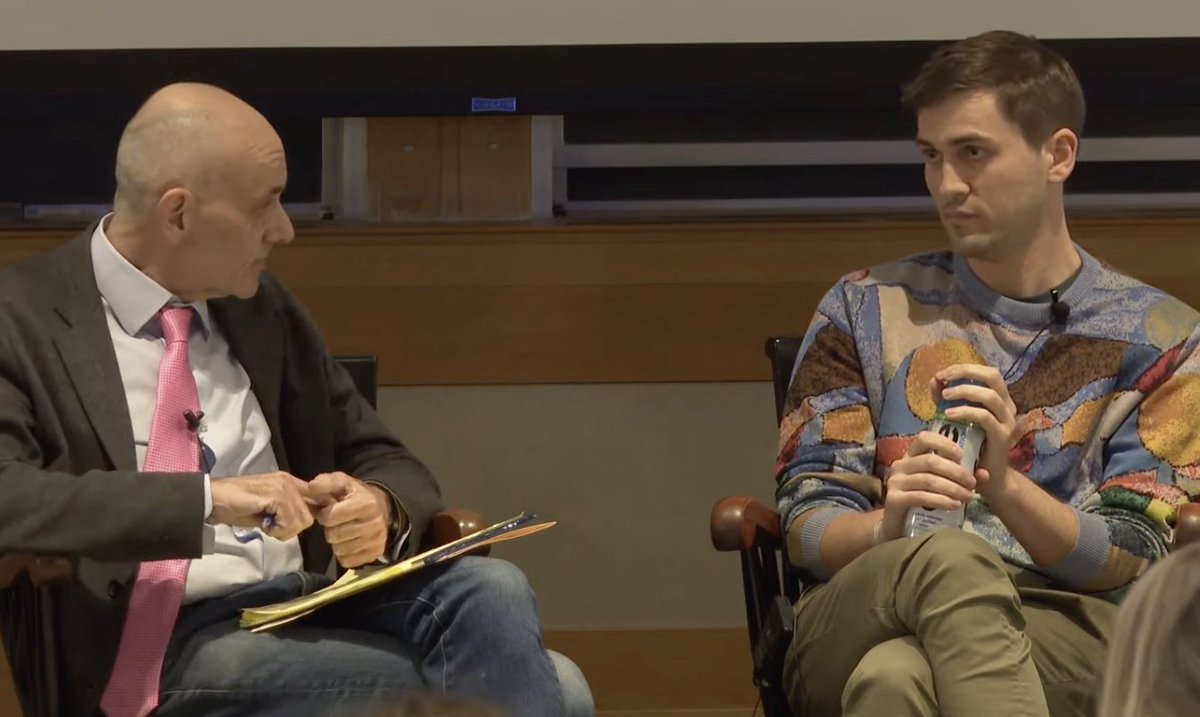
"I do think the report was sloppy in many ways," @Jack_Turban says of the Cass Review, still not mentioning that he has skin in the game, after the systematic reviews judged his own research to be of low quality. Those reviews, he says, they registered their methodology and then changed it, "which is very suspicious."
Here is a response from yesterday to @Jack_Turban's assertion that it was suspicious for the literature reviews to have changed their methodology:
https://x.com/benryanwriter/status/1785489936847966451
Jack Turban repeated his same false claim from yesterday that the Cass Review never acknowledges that there was moderate-quality evidence. It does several times.
The difference Turban is pointing out is essentially that Cass is building off of the fact that the literature reviews said that notwithstanding the moderate quality of the evidence, their findings were still inconclusive.
So Cass is essentially using that to say that the evidence is too weak off of which to build a type of medical practice.
Jack Turban says if he has a gender dysphoric pediatric patient and thinks that a puberty blocker would help them, "then I think it's a bad idea to take that option away from doctors and families." 
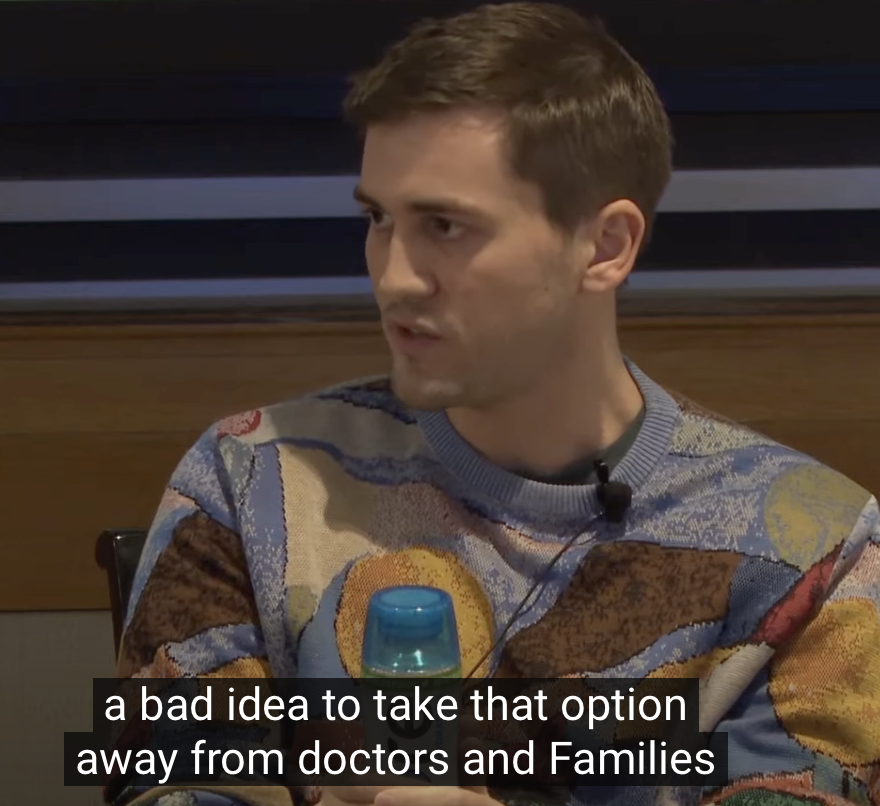
Alex Byrne says all the systematic reviews have concluded that there is very little evidence that gender-transition treatment for children is beneficial. Jack Turban replies, "I think you're using these rating scales to obscure what the data actually is." He points to several longitudinal studies that show mental health improves afterward. Those studies are supplemented by cross-sectional studies.
Jack Turban criticizes the use of the GRADE scales that require a randomized controlled study to reach the highest level of evidence. "So you end up with a very technical phrase" that there is low-quality evidence. But Turban insists that that's a very different matter from saying this is bad evidence or there's no evidence.
Jack Turban referred favorably to Chen et al, which Byrne points out pre-registered 8 outcomes but only reported on 2. To which Turban replied: "I'm not part of that study. My understanding is that they're spacing out their publications as they're doing data analysis."
UCSF's @Jack Turban says that there is not an over-representation of trans wins in competitive sports. (He's not talking about fairness in individual matches--say, Lia Thomas v @Riley_Gaines_--but across the board.) He says that before hormones, trans females have lower muscle mass than other biological men. And they have the deck stacked against them in myriad ways in life, including harassment and discrimination, which makes it hard to compete in sports, Turban argues. If all those things went away and then there were an over-representation of trans wins, then restrictions could be on the table, he says.
cc: @DrMJoyner

cc: @DrMJoyner

• • •
Missing some Tweet in this thread? You can try to
force a refresh


